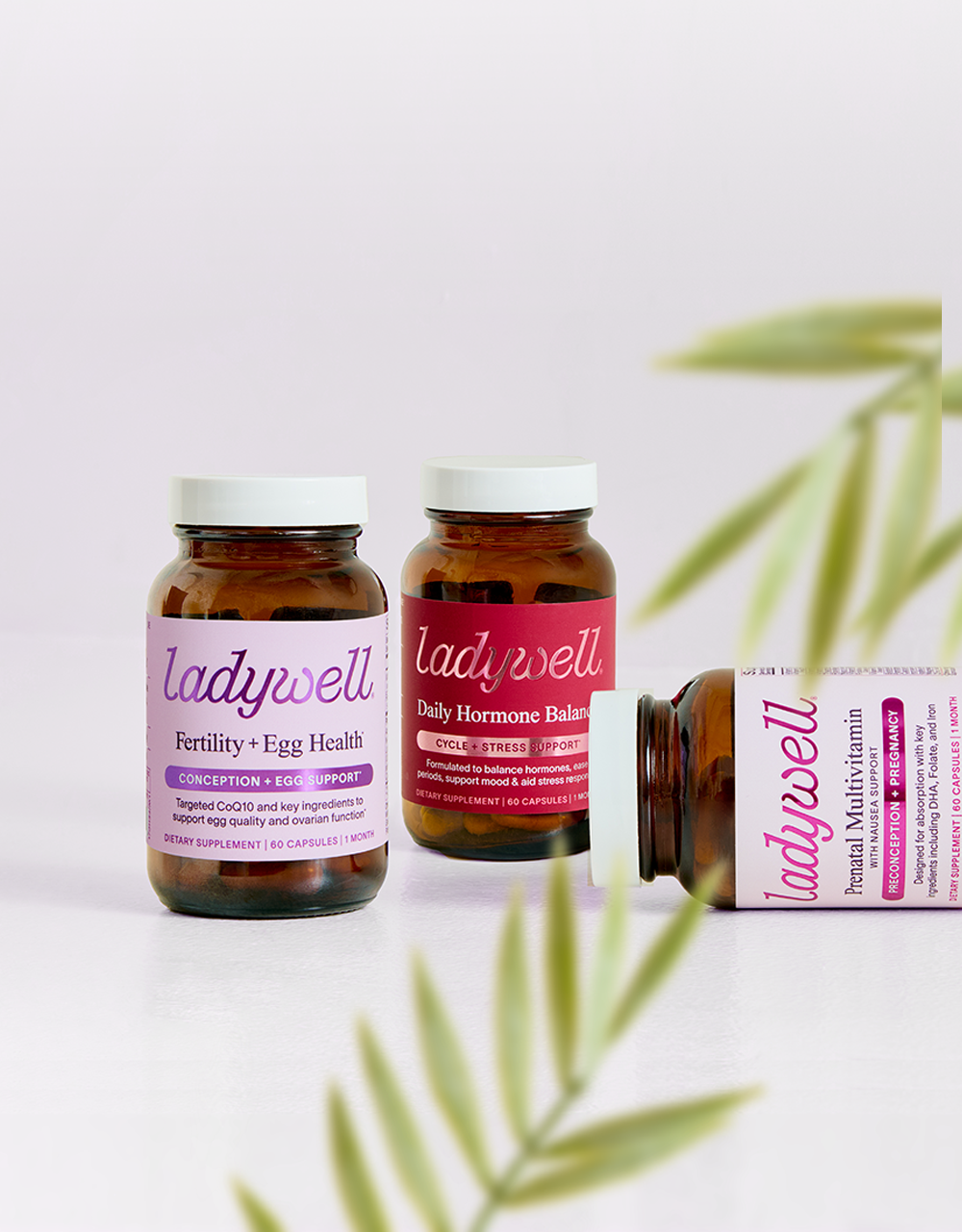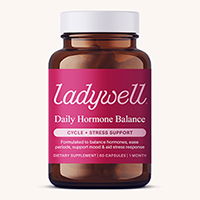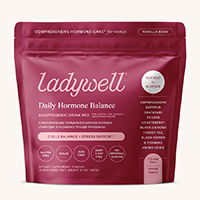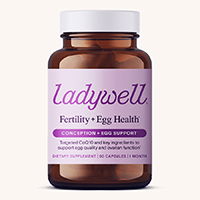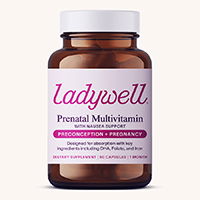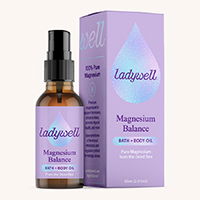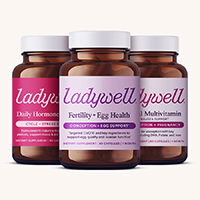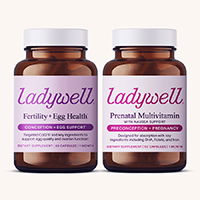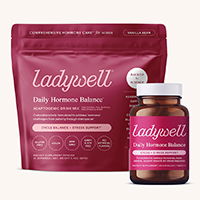Saffron
(Crocus sativus L.)
Saffron appears to be a viable natural option for improving mood and managing some menopausal symptoms without the estrogenic effects associated with hormone replacement therapy. This makes it particularly beneficial for women seeking non-hormonal interventions for mood-related issues during perimenopause and menopause.
Anti-depressant Properties:
Saffron contains bioactive compounds such as crocins, which have demonstrated antidepressant properties. Studies suggest that these compounds can inhibit the reuptake of neurotransmitters like serotonin, providing a natural alternative to traditional antidepressants. Saffron's effectiveness in reducing depressive symptoms has been comparable to standard antidepressant medications in some trials.
Saffron may exert antidepressant effects comparable to those of pharmaceutical antidepressants such as fluoxetine, citalopram, and imipramine, with possibly fewer observed side effects.
https://www.mdpi.com/1420-3049/27/7/2076
https://pubmed.ncbi.nlm.nih.gov/29136602/
https://www.sciencedirect.com/science/article/abs/pii/S0165032717315884
Mood and Well-being:
Another study explored the impact of saffron extract on mood and well-being. This randomized, double-blind, parallel-group trial included 56 adults and found that 30 mg of saffron extract daily for 8 weeks led to reduced depression scores and improved social relationships. The study also indicated that saffron might help modulate the stress response, as evidenced by improved heart rate variability under stress.
https://www.frontiersin.org/journals/nutrition/articles/10.3389/fnut.2020.606124/full
Perimeopause and Menopause Symptoms:
A randomized, double-blind, placebo-controlled study found that saffron extract significantly reduced psychological symptoms associated with perimenopause, such as mood swings, anxiety, and depression. Participants taking 28 mg of saffron extract daily for 12 weeks reported improvement in their symptoms compared to those taking a placebo.
https://e-jmm.org/DOIx.php?id=10.6118/jmm.21002
“A number of clinical trials demonstrated that saffron and its active constituents possess antidepressant properties similar to those of current antidepressant medications such as fluoxetine, imipramine and citalopram, but with fewer reported side effects.”
NATIONAL LIBRARY OF MEDICINE




